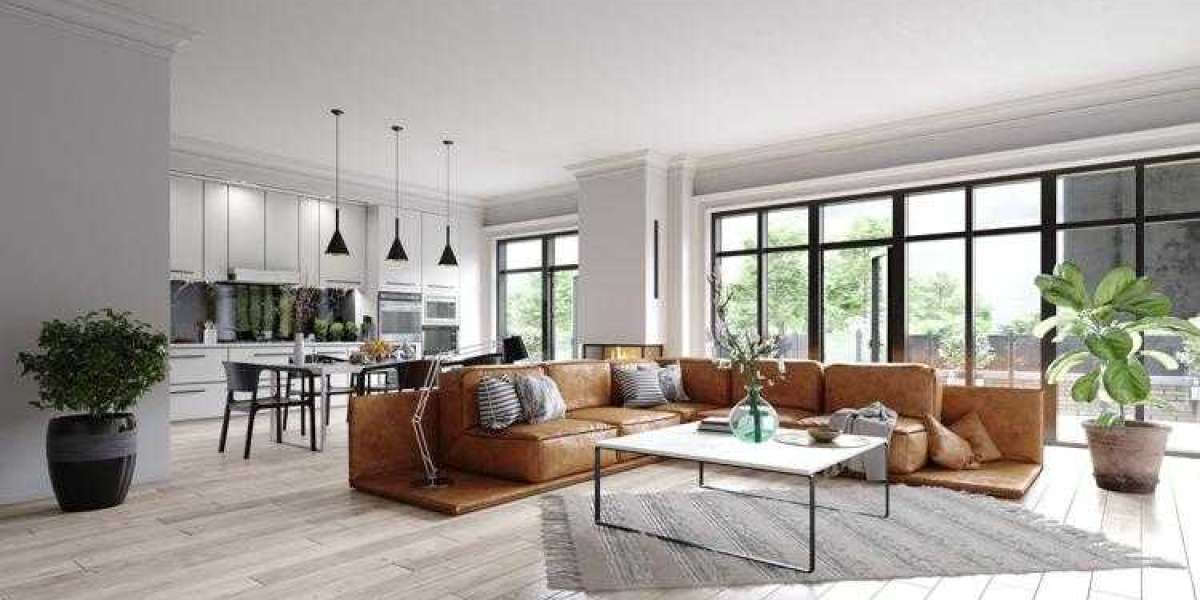Choosing between Luxury Vinyl Plank (LVP) flooring and hardwood can be challenging. Both options offer distinct advantages, but which one is the best for your home? Whether you prioritize durability, aesthetics, or budget, this guide will help you make an informed decision.
Understanding LVP and Hardwood Flooring
Before diving into the comparison, let’s define each flooring type.
Luxury Vinyl Plank (LVP) Flooring
LVP is a synthetic flooring material designed to mimic hardwood. It consists of multiple layers, including a wear layer, a printed design layer, and a rigid core, often made from PVC.
Hardwood Flooring
Hardwood flooring is made from solid wood or engineered wood planks. It comes in various species such as oak, maple, and walnut, offering natural beauty and longevity.
Durability and Lifespan
LVP Flooring Durability
Scratch-resistant and water-resistant
Withstands heavy foot traffic
Ideal for homes with pets and children
Lifespan: 10–20 years
Hardwood Flooring Durability
Can be refinished multiple times
Naturally strong but susceptible to scratches and moisture
Adds long-term value to a home
Lifespan: 50+ years (with proper maintenance)
Winner: Hardwood (for longevity), LVP (for resilience in busy households)
Water and Moisture Resistance
LVP Flooring
- 100% waterproof
- Suitable for kitchens, bathrooms, and basements
Hardwood Flooring
- Susceptible to water damage and warping
- Not ideal for moisture-prone areas
Winner: LVP Flooring
Aesthetic Appeal
LVP Flooring
- Mimics wood but lacks authentic texture
- Available in a variety of styles and colors
- Looks modern but may not add as much resale value
Hardwood Flooring
- Offers a natural, timeless look
- Available in unique grain patterns and finishes
- Increases home value
Winner: Hardwood Flooring
Comfort and Feel Underfoot
LVP Flooring
- Softer and more cushioned
- Warmer underfoot compared to tile
- Less noise absorption than hardwood
Hardwood Flooring
- Firm and sturdy feel
- Can be cold in winter unless paired with rugs
- More prone to creaking over time
Winner: LVP for softness, Hardwood for traditional feel
Installation Process
LVP Flooring Installation
Click-and-lock system (DIY-friendly)
Can be installed over existing floors
Takes 1–2 days to install
Hardwood Flooring Installation
Requires professional installation
Time-consuming process (can take weeks)
Adds structural integrity
LVP Flooring (easier and faster installation)
Maintenance and Cleaning
LVP Flooring
- Simple cleaning with a damp mop and mild cleaner
- Resistant to stains and spills
Hardwood Flooring
- Requires regular polishing and refinishing
- Prone to scratches and dents
Winner: LVP Flooring (low maintenance)
Cost Comparison
| Factor | LVP Flooring | Hardwood Flooring |
|---|---|---|
| Material Cost | $2 – $8 per sq. ft. | $5 – $15 per sq. ft. |
| Installation Cost | $1 – $3 per sq. ft. | $5 – $8 per sq. ft. |
| Lifespan | 10–20 years | 50+ years |
| Overall Value | Affordable, budget-friendly | Higher upfront cost but long-term value |
Winner: LVP for affordability, Hardwood for long-term investment
Resale Value
LVP Flooring
- Improves home aesthetics but has limited resale impact
Hardwood Flooring
- Increases property value and attracts buyers
Winner: Hardwood Flooring
Best Choice for Different Homeowners
| Who Should Choose LVP? | Who Should Choose Hardwood? |
|---|---|
| Budget-conscious homeowners | Those looking for long-term investment |
| Families with kids and pets | People who prefer natural wood |
| DIY enthusiasts | Homeowners aiming for higher resale value |
| Moisture-prone areas | Classic and elegant interiors |
Where to Buy Quality Flooring?
If you’re ready to explore flooring options, check out these reputable retailers:
They offer a wide range of LVP and hardwood flooring to suit your style and budget.
Conclusion:
Both LVP and hardwood flooring have their strengths. If you want durability, water resistance, and budget-friendly options, LVP flooring is the way to go. However, if you’re looking for long-term value, timeless beauty, and a natural feel, hardwood flooring is the better investment.
Ultimately, your choice depends on your lifestyle, budget, and home environment.







